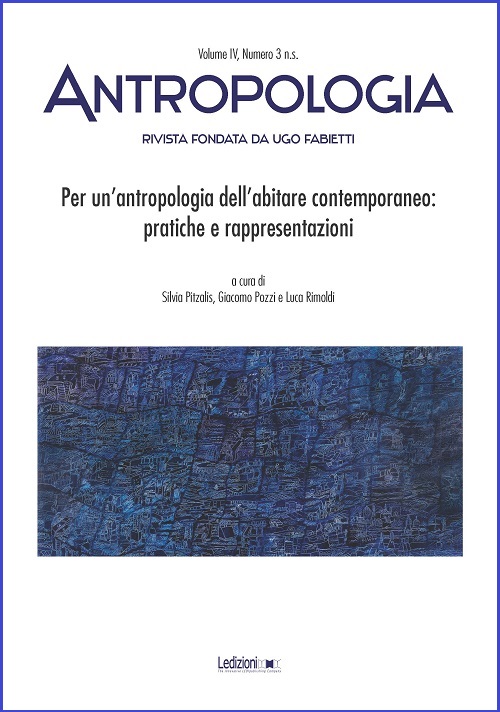Activists, Migrants and Forms of Fighting for Home. The Social Life of a "Citizen Coordination" in Contemporary Rome
DOI:
https://doi.org/10.14672/ada20171350%25pKeywords:
migrations, squatted buildings, crisis, post-citizenship, agencyAbstract
Rome plays a particularly important role in the struggle for dwelling’s right in the national context. Born in the sixties and seventies of the twentieth century, the movements for dwelling’s right today act in a context characterized by the presence of a chronic housing crisis.
In this configuration, the research dealt with analyzing the participation and the roles played by migrants within squatted buildings.
The squatted buildings Caravaggio I and II represent the field of research and the analysis focuses on the relationships that exist between migrants and activists of the “Coordinamento Cittadino di lotta per la casa”. We read the phenomena observed through the concepts of post-citizenship and right to the city. Squatted spaces in fact highlight a fertile ground for social interaction, that is, create "free zones" where alternative forms of sharing spaces between migrants and non-migrants are born. Interaction with migrants is able to overcome the legal and rigid meaning of the concept of citizenship, transforming it on the contrary, into a concept rooted in the sharing of a common condition. Thus, migrations create multiple forms of urban identity.
Downloads
Published
Issue
Section
License
Authors maintain the copyright of their original work and grant the Journal the right to first publication, licensed after 36 months under a Creative Commons Licence – Attribution, which allows others to share the work by indicating the authorship and first publication in this journal.
Authors may agree to other non-exclusive licence agreements for the distribution of versions of their published work (for example in institutional archives or monographs) under the condition that they indicate that their work was first published in this journal.



